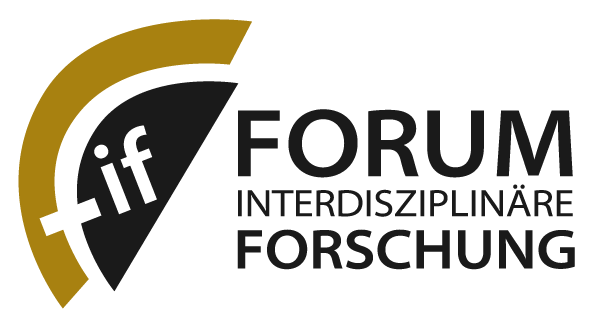IT Research of Concern
Evaluation of dual-use risks in software development
Duration: 1.2019 – 12.2021
---
Prof. Dr. Christian Reuter | Thea Riebe M.A. Doktorandin | FB 20, Fachgebiet Wissenschaft und Technik für Frieden und Sicherheit (PEASEC)
Prof. Dr. Alfred Nordmann | Dept. 2, Department of Philosophy of the Technosciences
---
Project description:
Dual-Use Research of Concern (DURC) in the life sciences refers to research that can provide knowledge, infor- mation, products, or technologies that can cause great harm or pose a risk to national security if misused. Referring to this, the research project “IT Research of Concern: Assessing Dual-Use Risks in Software Development” ana- lyzed methods and indicators of DURC and technology assessment (TA) research for computer science in the areas of Artificial Intelligence (AI), Social Media Analytics (SMA), and Open Source Intelligence (OSINT) and cybersecurity. Dual-use evaluation was conducted in an application and case-oriented manner. In this context, methods of value-based design research, such as Value-Sensitive Design (VSD) are adapted to dual-use indicators and to new sources, thus making them useful for dual-use assessment.
For example, the use of network research of expert networks represents a new approach here (Riebe, Schmid, Reuter, 2021, “Measuring Spillover Effects from Defense to Civilian Sectors – A Quantitative Approach Using LinkedIn”). However, expert networks can also manifest themselves in mutual citation in patents. The role played here by diffusion, i.e., the spread of innovations and normative concepts such as Trustworthy AI in the EU and in the case of AI, was examined in the study “Dual-Use and Trustworthy? A Mixed Methods Analysis of AI Diffusion between Civilian and Defense R&D” (Schmid, Riebe, Reuter, 2022). The impact of regulating dual-use goods while simultaneously spreading communication technologies globally was examined in the study “U.S. Security Policy: The Dual-Use Regulation of Cryptography and its Effects on Surveillance” (Riebe, Kühn, Imperatori, Reuter, 2022). The results of this work have led to the following successful third-party funding applications: the BMBF consortium project CYWARN “Development of Strategies and Technologies for the Analysis and Com- munication of the Security Situation in Cyber Space” and the BMBF Regional Research Center “Transformations of Political Violence”.
Current development within the IANUS “Dual Use” project
BMBF promotes Regional Research Centre – „Transformations of Political Violence (TraCe)“
Five Hessian research institutes are cooperating in a new joint project on transformations of political violence. How do global developments such as technologisation and climate change affect political violence? How can political violence be limited or legitimised by international institutions? How can it be interpreted and justified? These questions are tackled by the new interdisciplinary joint project „Regional Research Centre – Transformations of Political Violence (TraCe)“, which involves TU Darmstadt and several IANUS connected scientists. In total, five Hessian research institutes are working together here.
The Regional Research Centre “Transformations of Political Violence” is a cooperation project of Leibniz Institute Hessian Foundation for Peace and Conflict Research (HSFK), Goethe University Frankfurt, Justus Liebig University Giessen, Philipps University Marburg and Technical University Darmstadt. The project is an interdisciplinary research initiative funded by the German Federal Ministry of Education and Research (BMBF) (duration: April 2022 – March 2026).



